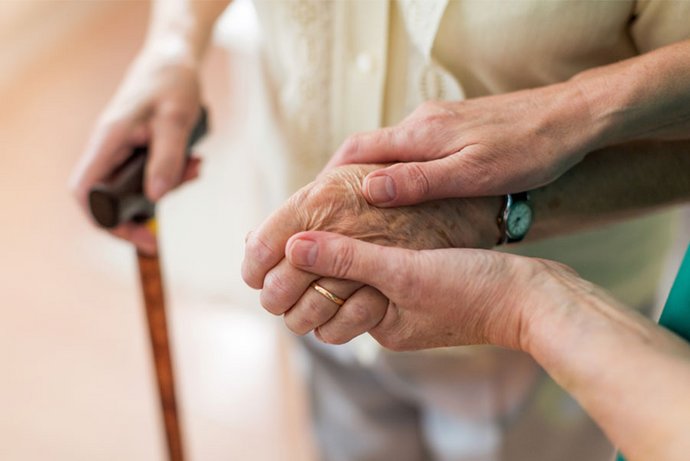Social isolation has devastating effects on mental and physical health. New evidence related to the impact of the Covid 19 pandemic suggests that the social isolation associated with quarantine is a risk factor for psychiatric disorders. Moreover, even perceived social isolation, termed “loneliness”, increases the risk of coronary heart disease, stroke, depression, cognitive decline and dementia.
Oxytocin is central for social isolation and connectedness
In order to better understand the neurobiological basis and mechanisms of loneliness, or social isolation, scientists from the Central Institute of Mental Health (CIMH) in Mannheim (Prof. Dr. Valery Grinevich), the Carl von Ossietzky University of Oldenburg (Prof. Dr. Dr. René Hurlemann) and the University of Haifa/Israel (Profs. Simone Shamay-Tsoory and Shlomo Wagner) are working together in a newly designed, multidisciplinary research project. The five-year project is funded by the German Research Foundation (DFG) with around 1.6 million euros as a German-Israeli Project Cooperation (DIP). The DIP is a programme of excellence established in 1997 by the Federal Ministry of Education and Research (BMBF) to promote innovative German-Israeli research projects.
Social contact is an innate need. Therefore, it is likely that social inclusion in humans is associated with altered behaviour as well as physiological and molecular adaptations in the brain. At the interface between social isolation and social connectedness, the neuropeptide oxytocin is central. Its release is regulated in the hypothalamus depending on social interactions, especially somatosensory stimuli mediated by social touch.
Social touch seems particularly important
So how does behaviour change under social isolation and when social contact is renewed? This question is being investigated in particular with regard to neuronal and molecular changes in the oxytocin system of rats. In humans, the research project focuses on loneliness as a subjective experience. On the one hand, it is about the networks between the brains of two people with high and low loneliness, which reconfigure themselves during real-life interactions, and on the other hand about touch as a therapeutic tool for people suffering from loneliness.
“We expect that the oxytocin system in the brain underlies the positive effects of social touch. This would suggest that touch is particularly important in the endogenous release of oxytocin to alleviate the effects of loneliness and social isolation,” says Prof. Dr. Valery Grinevich, head of the Department of Neuropeptide Research in Psychiatry at the CIMH and coordinator of the research project. “The goal of determining the neurobiological basis and mechanisms of social isolation should pave the way for a better understanding of human loneliness”, says Grinevich. This could lead to new treatment options, such as advanced oxytocin analogues, which are more urgent than ever in view of the management of pandemics and the social isolation associated with quarantine.


